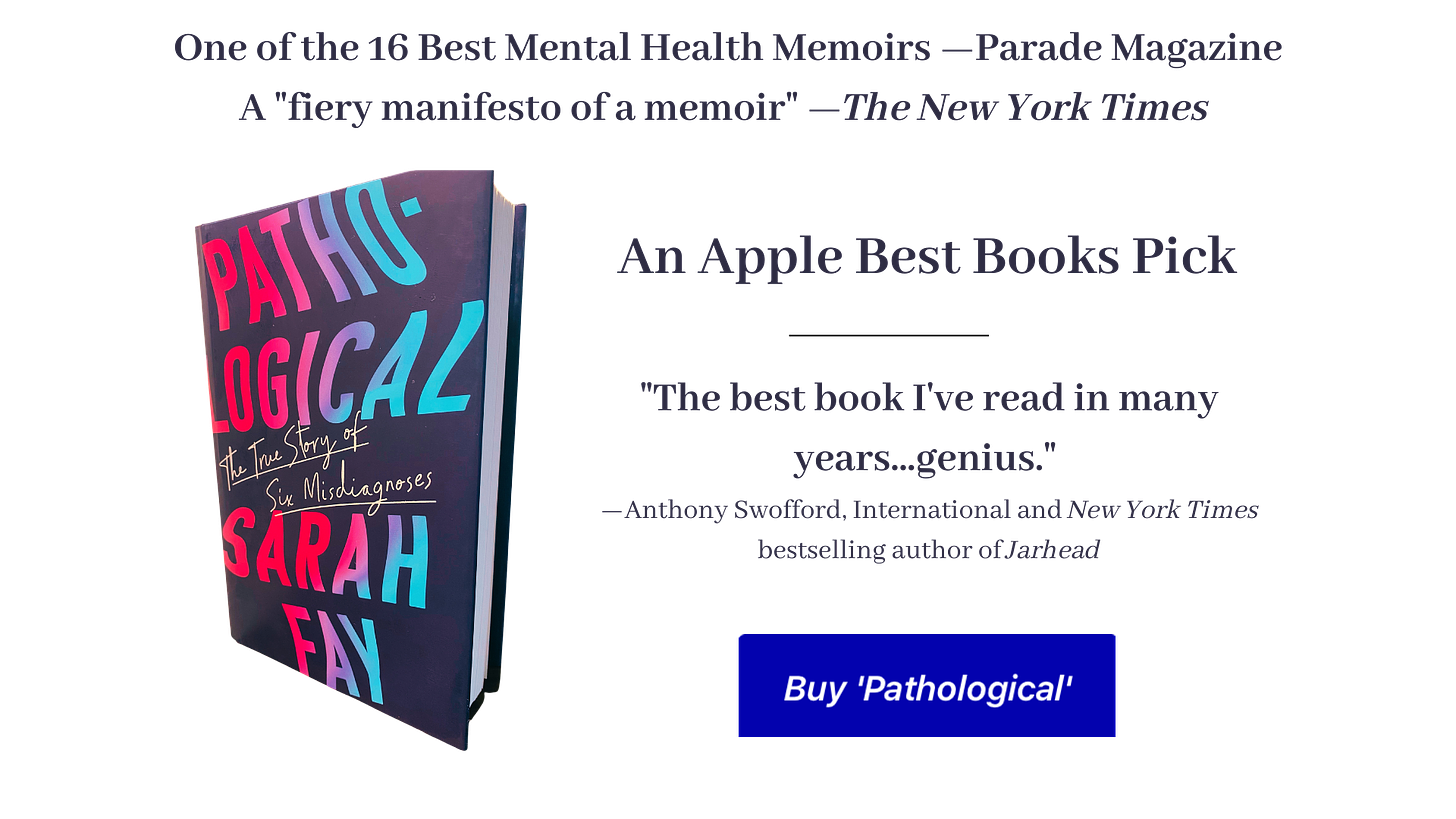🎧Child and Adolescent Psychiatrist Dr. Elia Abi-Jaoude
University of Toronto psychiatrist and researcher tells us how recovery fits into the teen mental health crisis
This post is part of the accompanying tips, resources, interviews with experts, and stories of recovery included in the exclusive serialization of Cured: The Memoir.
Listen here:
It’s a special honor to be able to bring you this interview with Dr. Elia Abi-Jaoude today. Too often, the conversation around the mental health crisis among children and teenagers fails to discuss recovery and recovery rates. Dr. Abi-Jaoude shares with us his experience treating children and teens and watching some of them heal and fully recover.
He’s a practicing psychiatrist, clinical educator, and researcher at the University of Toronto. His area of clinical specialization is in developmental neuropsychiatry, and he’s currently completing a Ph.D. in the cognitive neuroscience of self-regulatory control. He’s also interested in questioning how evidence and information is disseminated in psychiatry. Part of his professional responsibilities involves educating medical trainees and psychiatrists to mitigate bias in clinical practice.
Readers like you make my work possible. Support independent journalism by becoming a paid subscriber for $30/year, the equivalent price of a hardcover book.
Visit the Table of Contents and Introduction of Cured:
Find more resources for mental health recovery.
Read the prequel to ‘Cured,’ ‘Pathological’ (HarperCollins):






The identity issue today is fascinating. Many experience a sense of relief & hope, sometimes excitement, when there is finally a label for what they’ve experienced without one. (I’m ADHD! Hooray!) Because then we can start having conversations about the syndrome or phenomenon. A new label or identity emerges from that conversation. For instance, consider the American Civil War, where the term "nostalgia" or "soldier's heart" was used to describe what we now recognize as symptoms of trauma. This reflected a moralistic view that often misunderstood psychological impacts. World War I introduced "shell shock," a term revealing the aftermath of intense combat. Soldiers were even executed for what was misperceived as "cowardice," rather than recognizing the psychological distress they were undergoing. World War II saw the language shift to "combat fatigue," drawing a parallel to physical exhaustion. The military then began labeling it as "operational exhaustion," acknowledging the broader factors contributing to soldiers' psychological struggles beyond combat. The turning point in terminology emerged during the Vietnam War, where the phrase "post-traumatic stress" was used. This language change marked a shift in understanding trauma's enduring effects. Over time, this matured into the recognition of "post-traumatic stress disorder" (PTSD). The evolution shows how our comprehension of mental health has grown from judgment and misunderstanding to empathy and scientific insight. It shows that the names we give to these experiences reflect not only our evolving understanding but also our evolving compassion for those who suffer.
This interview carries a crucial message of hope for children/teens suffering from symptoms of mental distress. Sarah's guest, Dr. Elia Abi-Jaoude, focuses on the real possibilities of recovery. My favorite line was his quote of a French physician's motto: "To cure sometimes, to relieve often, to comfort always."